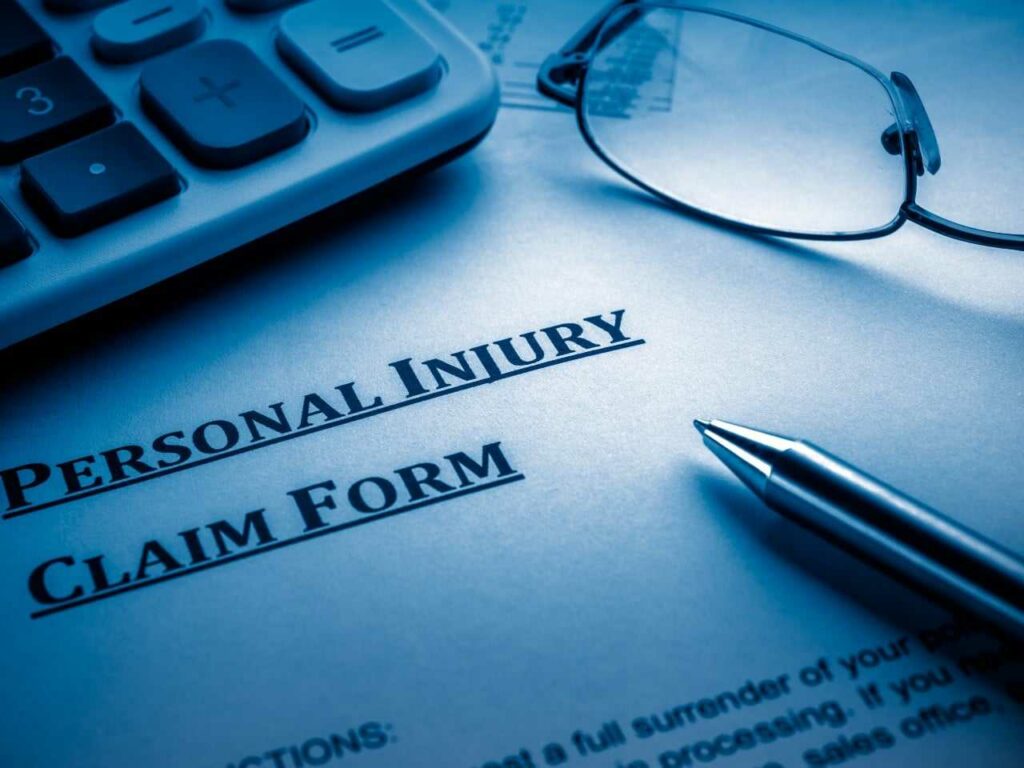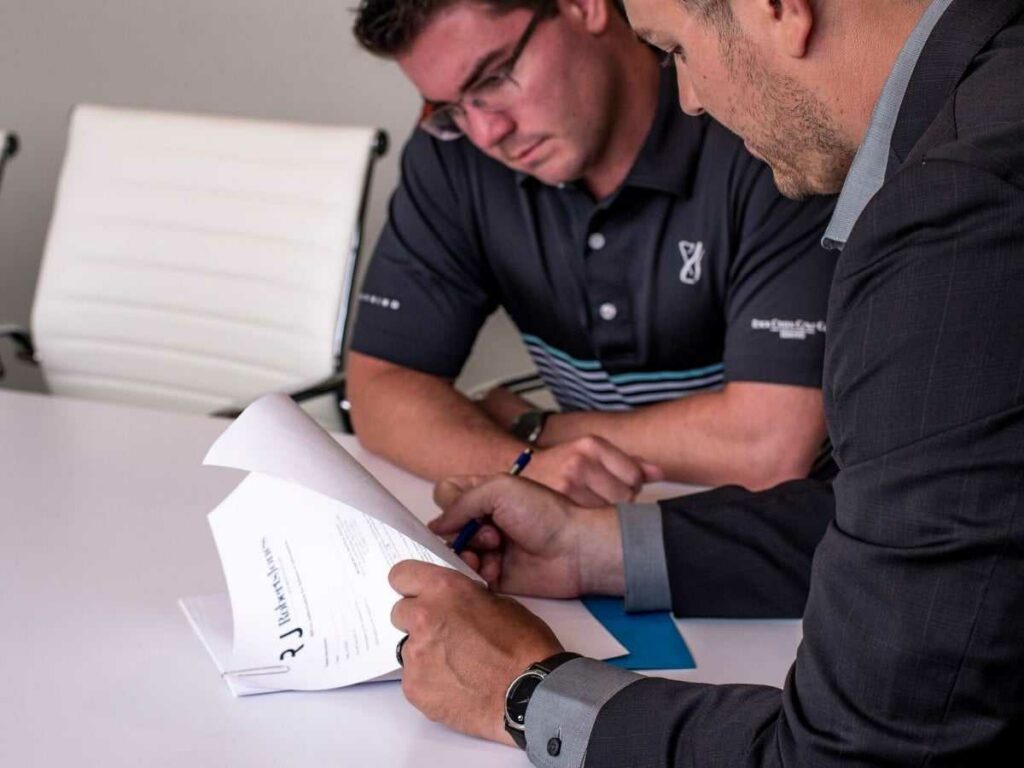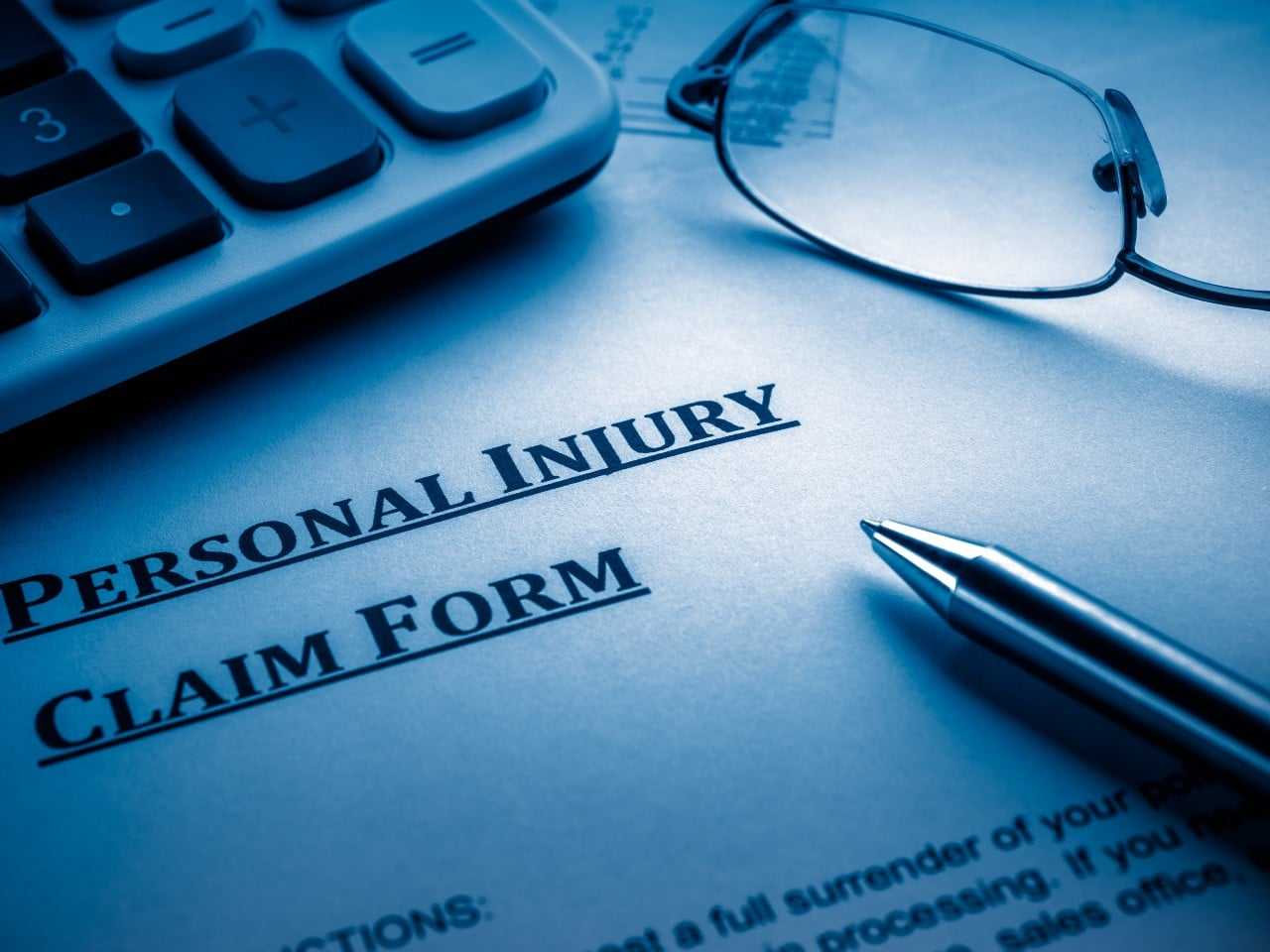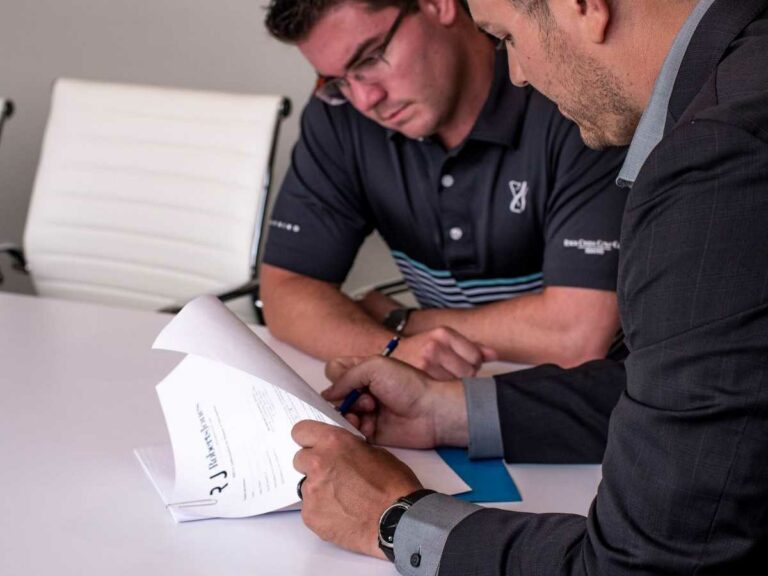Being involved in an accident can be one of life’s scariest and most stressful events. You might be physically injured, have to take time off from work, fix your vehicle or other belongings that were lost or damaged, communicate and negotiate with multiple insurance companies, file police reports, and potentially get the law involved. If you’re filing a personal injury claim, you want to be informed about your rights and the regulations around the legal proceedings. One of the significant factors that can affect your case is the statute of limitations in Washington state.

What is a Statute of Limitations?
Each state imposes a legal concept called a statute of limitations, which sets the maximum period for initiating legal proceedings after a particular offense or incident. After this deadline, you cannot file a lawsuit or bring criminal charges against a defendant. The purpose of a statute of limitations is to ensure that legal disputes are resolved promptly after the incident. It also helps provide some degree of certainty and finality to potential defendants, who don’t have to worry about a legal claim being filed against them in the indefinite future. The specific length of the statute varies depending on the jurisdiction of the incident, the nature of the legal claim, and the severity of the claim. If the regulation expires, the plaintiff relinquishes the right to bring legal action against the defendant.
How Does a Statute of Limitations Apply to Personal Injury Claims in Washington?
When considering the statute of limitations of personal injury claims in Washington, there are several factors to apply.
1. General Time Limitations

The general statute of limitations for personal injury claims in Washington is three years from the date of the injury or accident. This means you have exactly three years to file a lawsuit. If you do not bring a case forward within this timeframe, you lose your legal right to seek compensation through the court system, and you will also lose the right to bring criminal charges forward if necessary.
2. Does the Discovery Rule Apply?
In some cases, the statute can be extended through the discovery rule. The discovery rule is applied when the injury or cause is not immediately apparent. In these cases, the three years starting from the date of the discovered injury or the date you should have reasonably discovered the injury and its connection to the event.
For example, say you are involved in an accident that causes a flare-up of a condition you already have. At first, you may think the two are entirely unrelated. Upon further medical treatment, you might realize that the incident directly caused or contributed to your additional medical needs or debilitation. In such cases, you can invoke the discovery rule that increases the statute to bring forth legal claims if you can prove it was specifically related to the incident.
3. Is a Minor Involved?
If an individual under eighteen is involved in a personal injury claim, the statute is typically paused until that minor reaches the age of eighteen. After this birthday, they usually have three years to file a personal injury lawsuit regardless of when the injury occurred.
4. Is the Government Involved?
Does your claim involve a government entity or employee? There are specific notice requirements and shorter timeframes to file a claim when dealing with the government. You may have to provide written notice of your claim within a certain time frame or file a suit within a specific period. These periods can be as short as 60 days or last up to one year. If you are filing a claim involving the government, it is best to consult a personal injury attorney to understand the different variables at play.
5. Is There Medical Malpractice?
Medical malpractice claims have a statute of limitations of three years in Washington. However, these claims can be more complicated than other personal injury claims due to their potentially ongoing injuries and nature. If you have a medical malpractice claim, it is essential to consult an attorney specializing in this field before moving forward.
Are There Exceptions to The Statute of Limitations?

As with nearly every rule in the legal system, there can be exceptions. Certain circumstances can pause or extend the deadline of any given case.
1. Minor Involvement
As previously mentioned, if the case involves a minor, the statute is paused until that minor reaches the age of eighteen, when they are legally considered able to make their own adult decisions.
2. Absence or Incapacitation
If the defendant is absent from the jurisdiction or the claimant is incapacitated for the first three years, the statute of limitations may be extended or tolled. When a case is “tolled,” the law is paused for a certain amount of time, and the clock stops running, extending the period.
3. The Discovery Rule
Suppose the connection between the negligence or incident and the injury is not immediately apparent. The statute may be extended if you prove a reasonably discovered link between an injury and the incident.
4. Medical Case Extensions
If a healthcare provider was engaged in fraud, intentional concealment, or intentionally misrepresented information related to medical malpractice, the clock usually starts running from the date the fraud was discovered. The statute may extend if a foreign object is left inside a patient’s body during a medical procedure. Medical exceptions are particular, as each medical malpractice case has a unique set of circumstances. It is best to consult a medical injury attorney if you have been a victim of medical malpractice.
Why Legal Representation is Important

It is critical to consult a personal injury attorney in Washington to understand your rights and how the law affects you in any claim. A reputable attorney will help you understand how the statutes apply specifically to your case and can offer personalized advice and recommendations based on the details of your claim. They enable navigating negotiations with insurance companies, identify the monetary, physical, and material costs the incident has caused, and can help advise you of the best ways to proceed, in or out of the courtroom. Hiring a personal injury attorney will help you receive the maximum compensation you deserve and ensure that you take legal action within the required timeframe.
How Robert Jones Law Can Help
Have you been injured in an accident in Washington state? Robert Jones Law is here to help! We have years of experience guiding our clients through the complicated process of filing a personal injury lawsuit. We will thoroughly research every detail of your case and advise you on legal concepts and rights, such as the statute of limitations specific to your accident. Contact Robert Jones Law today to schedule a free consultation with a personal injury attorney.






